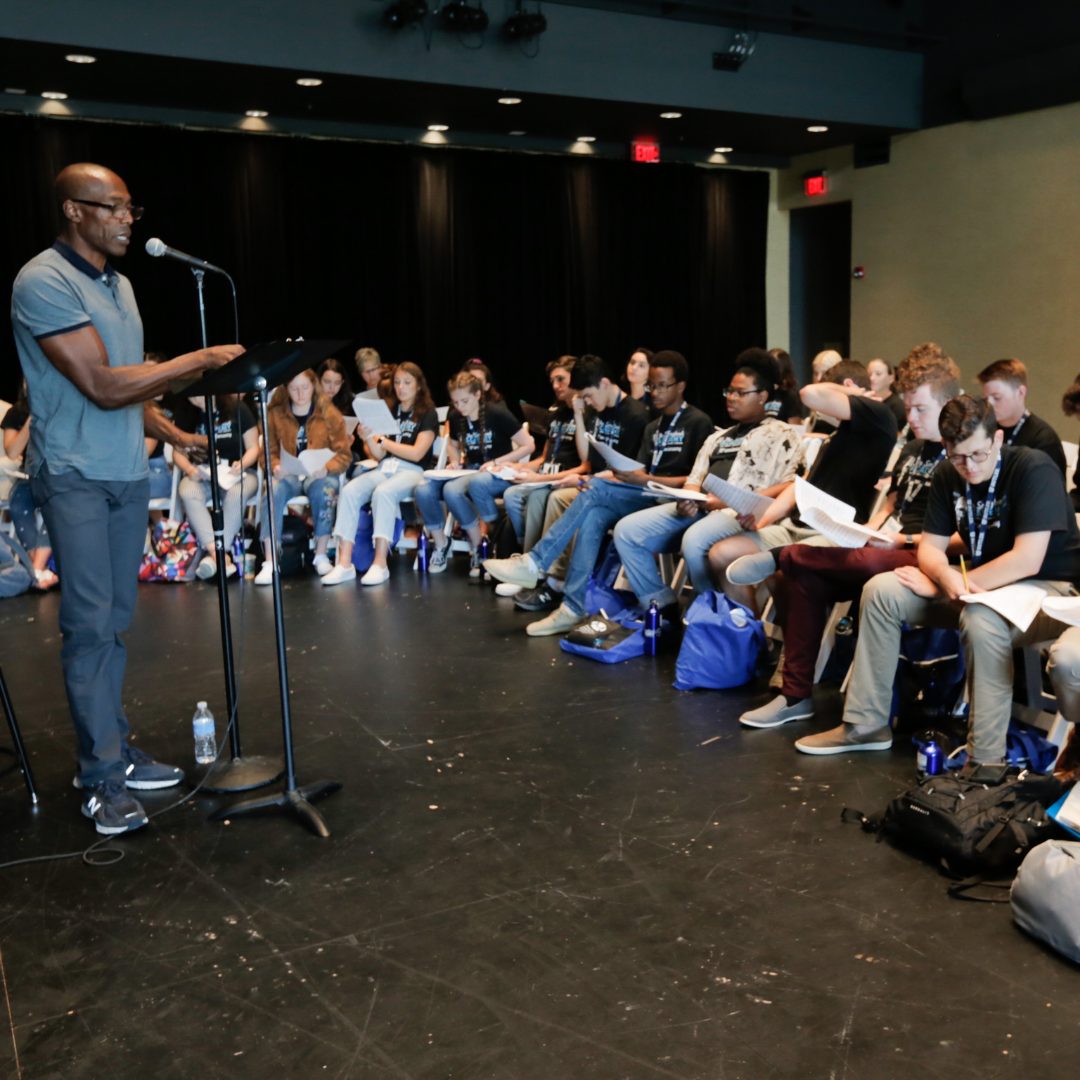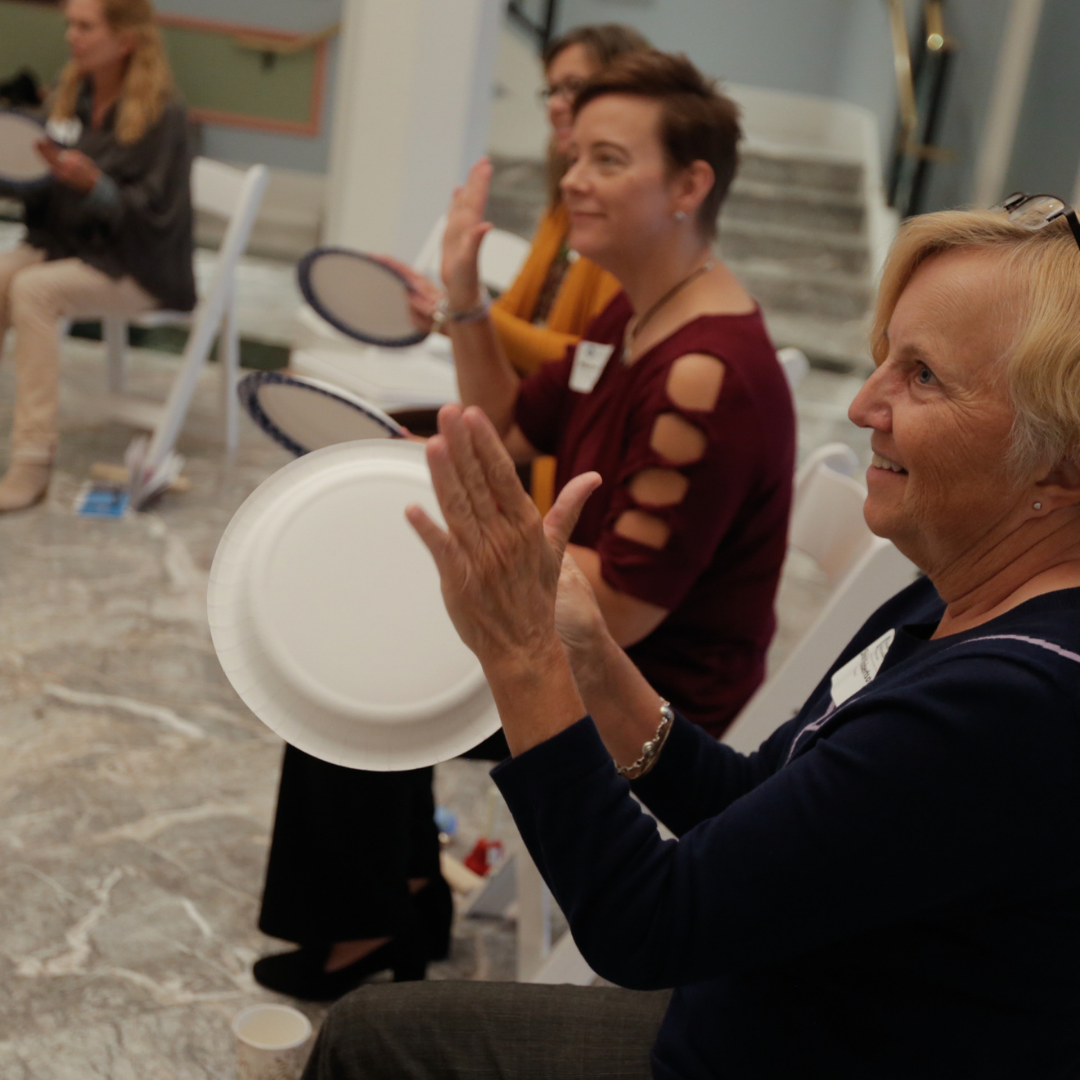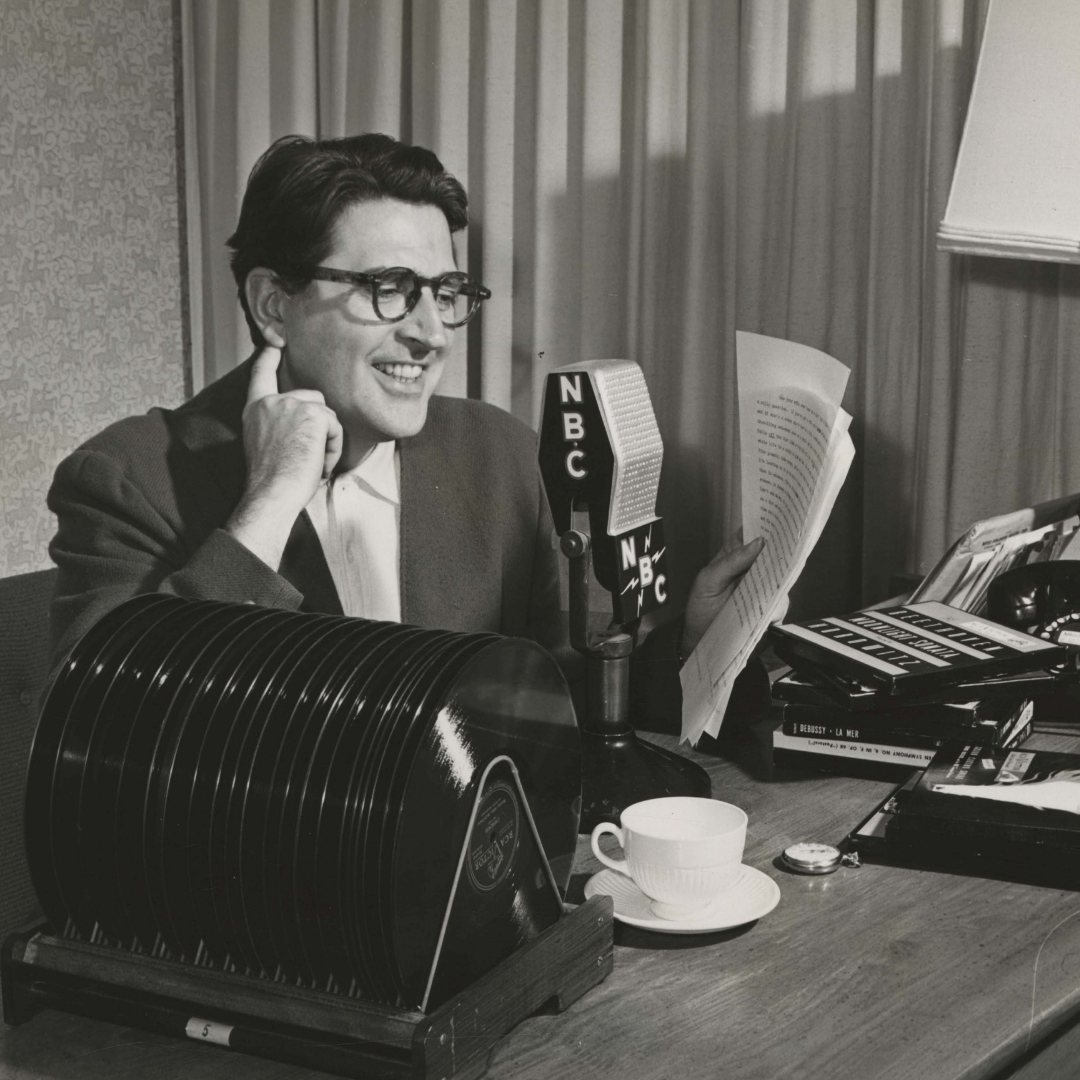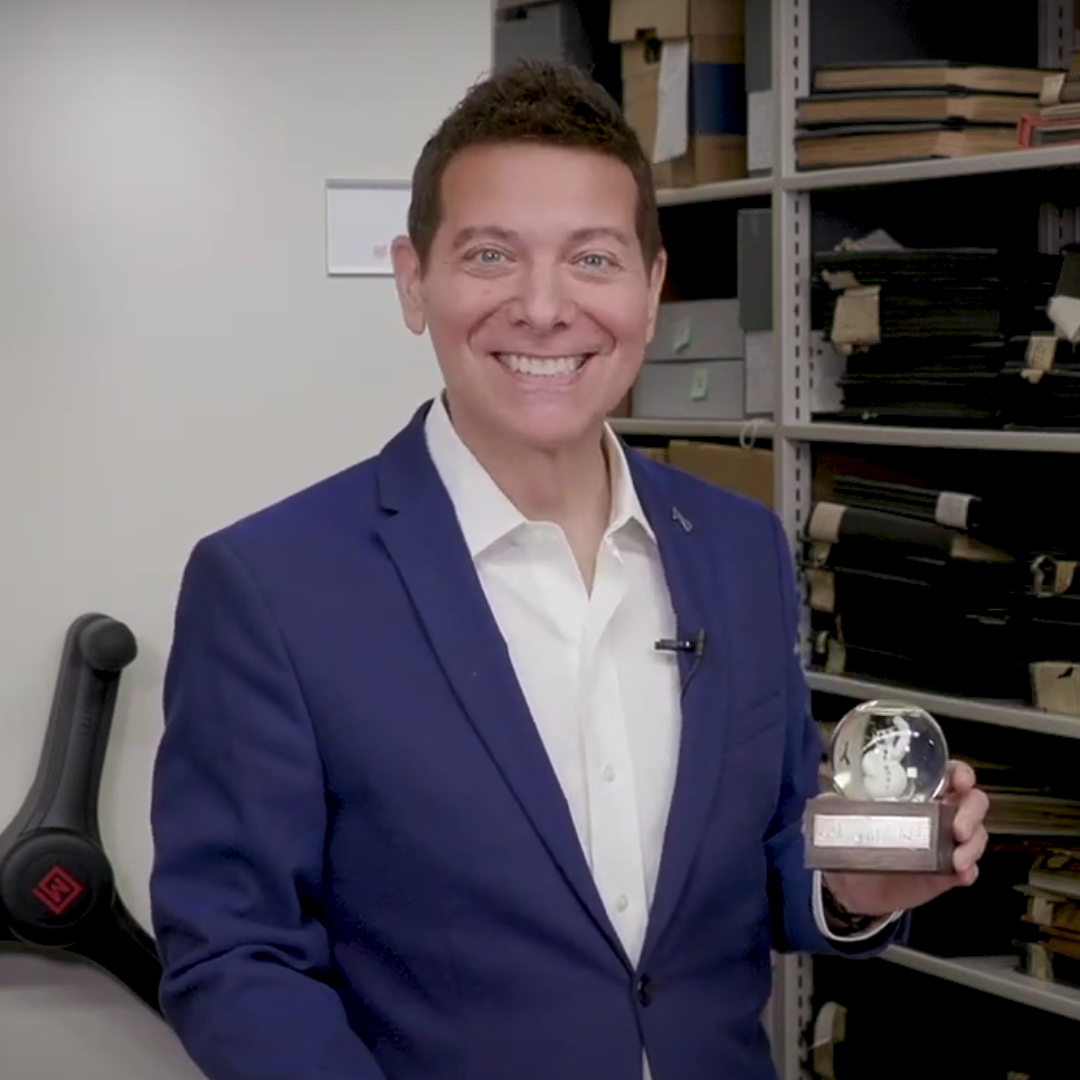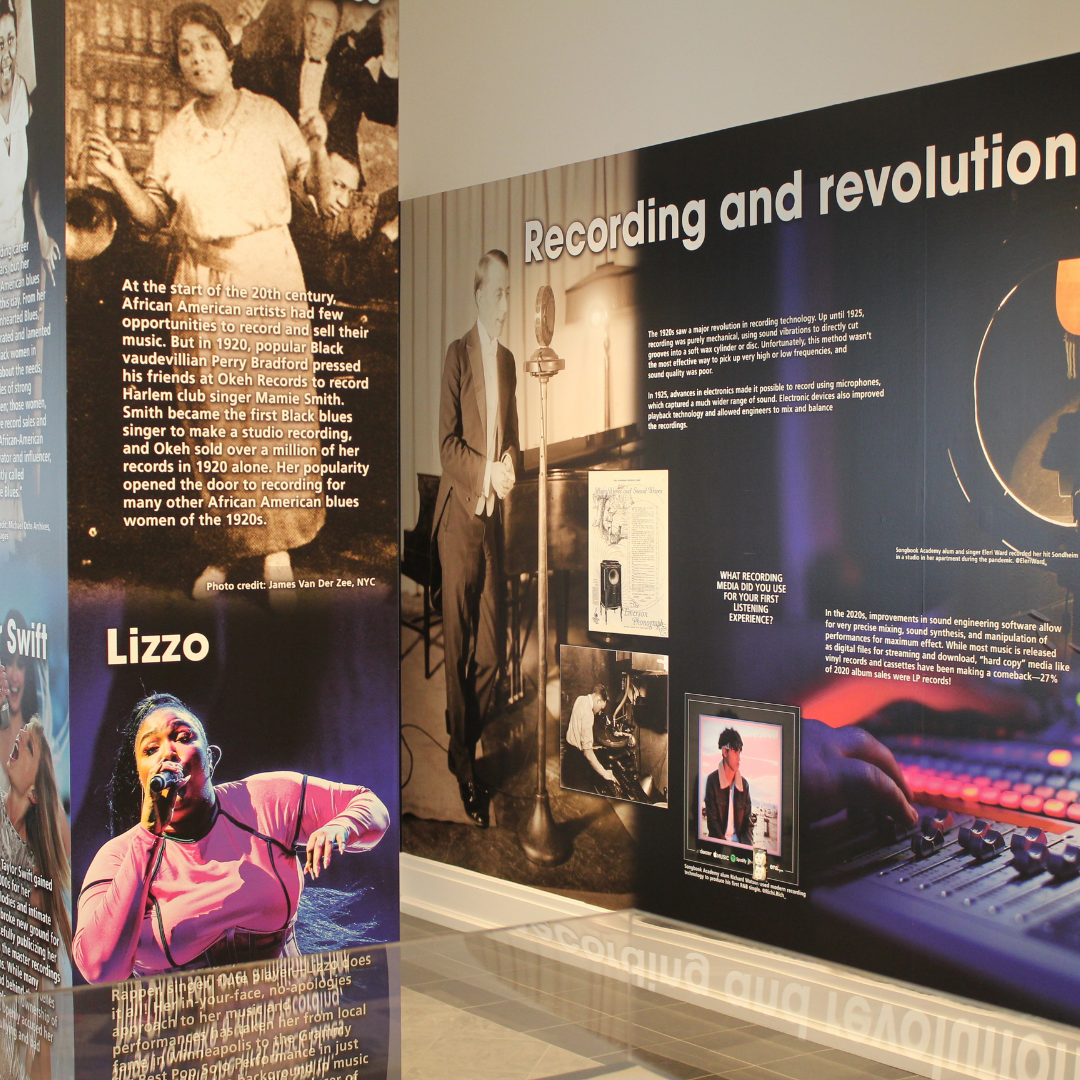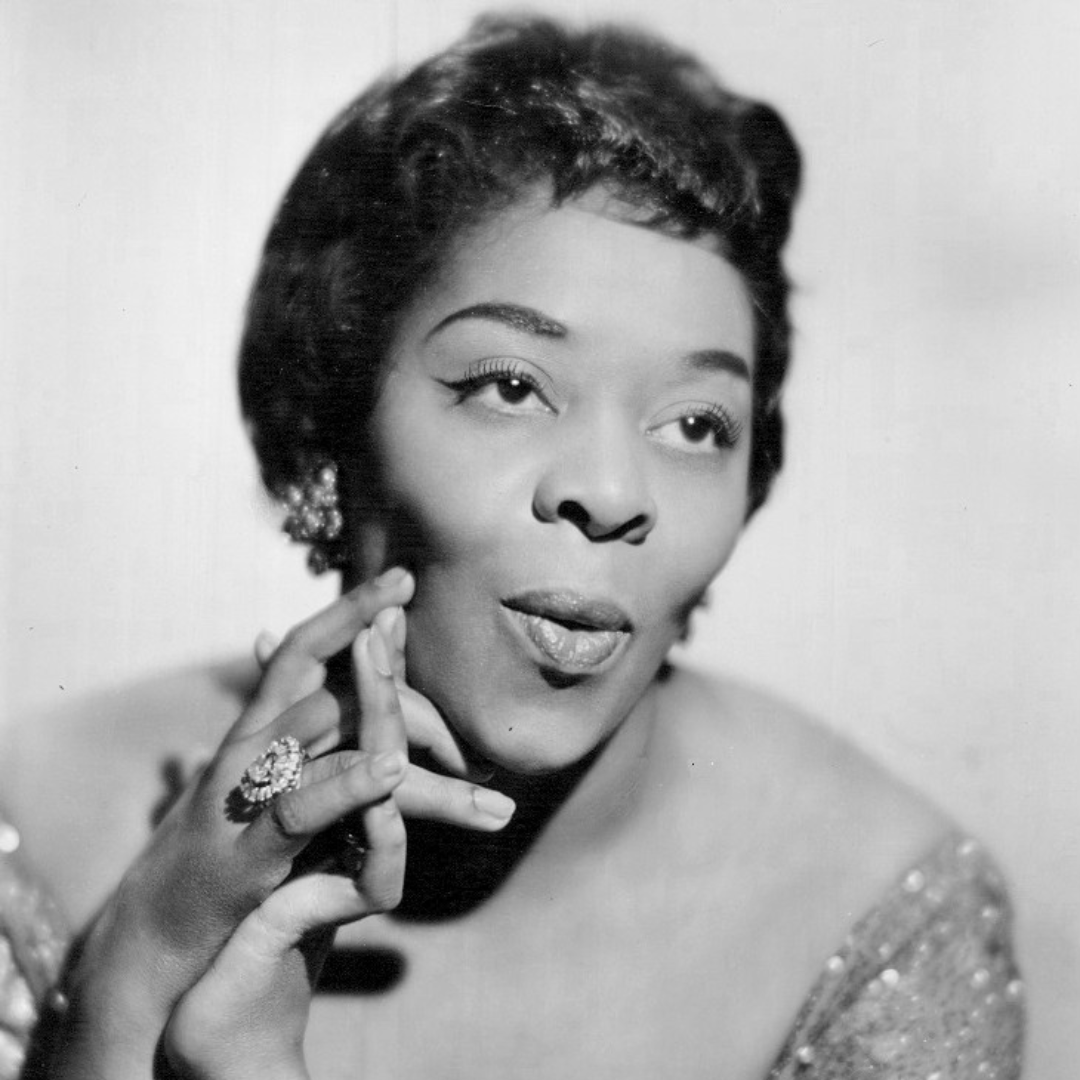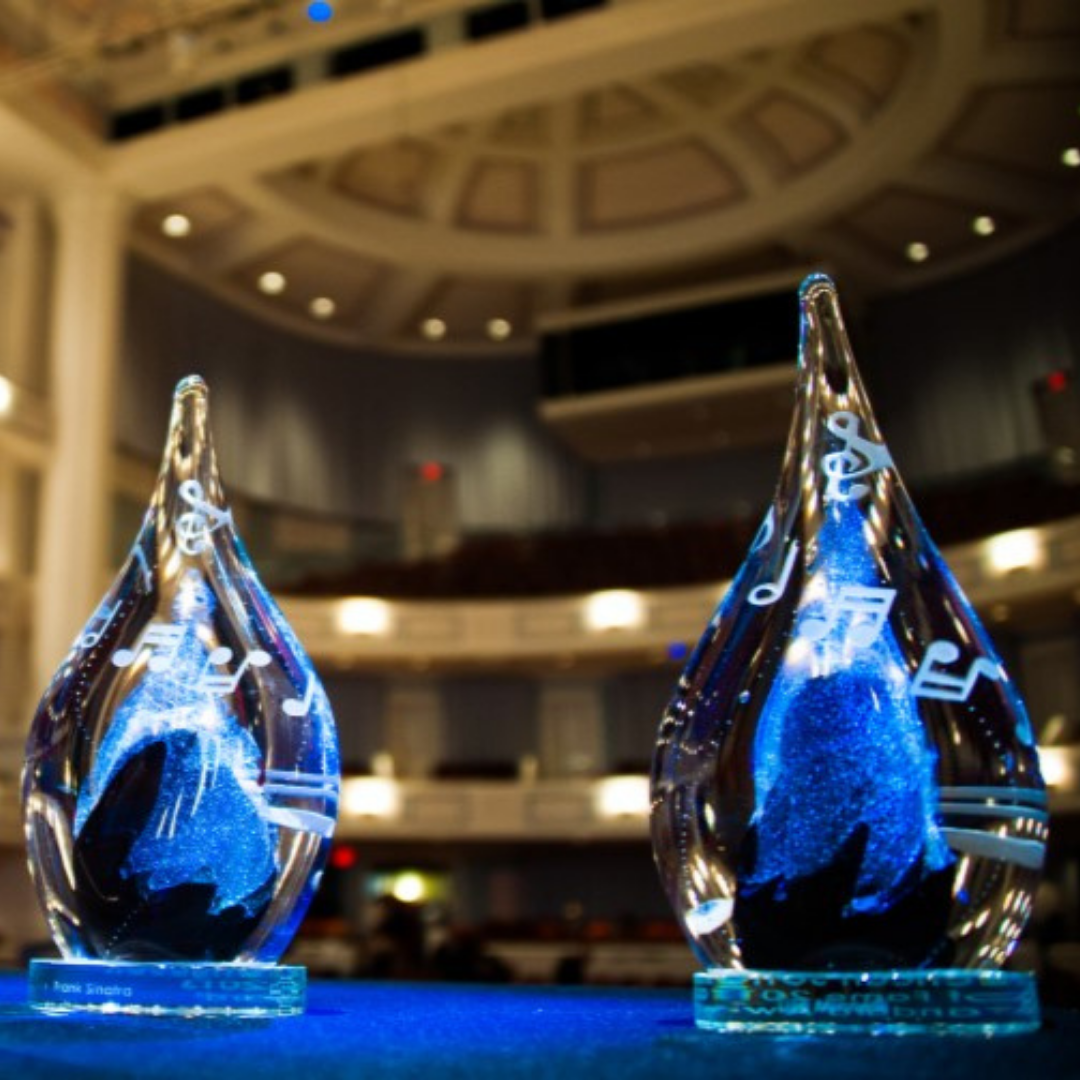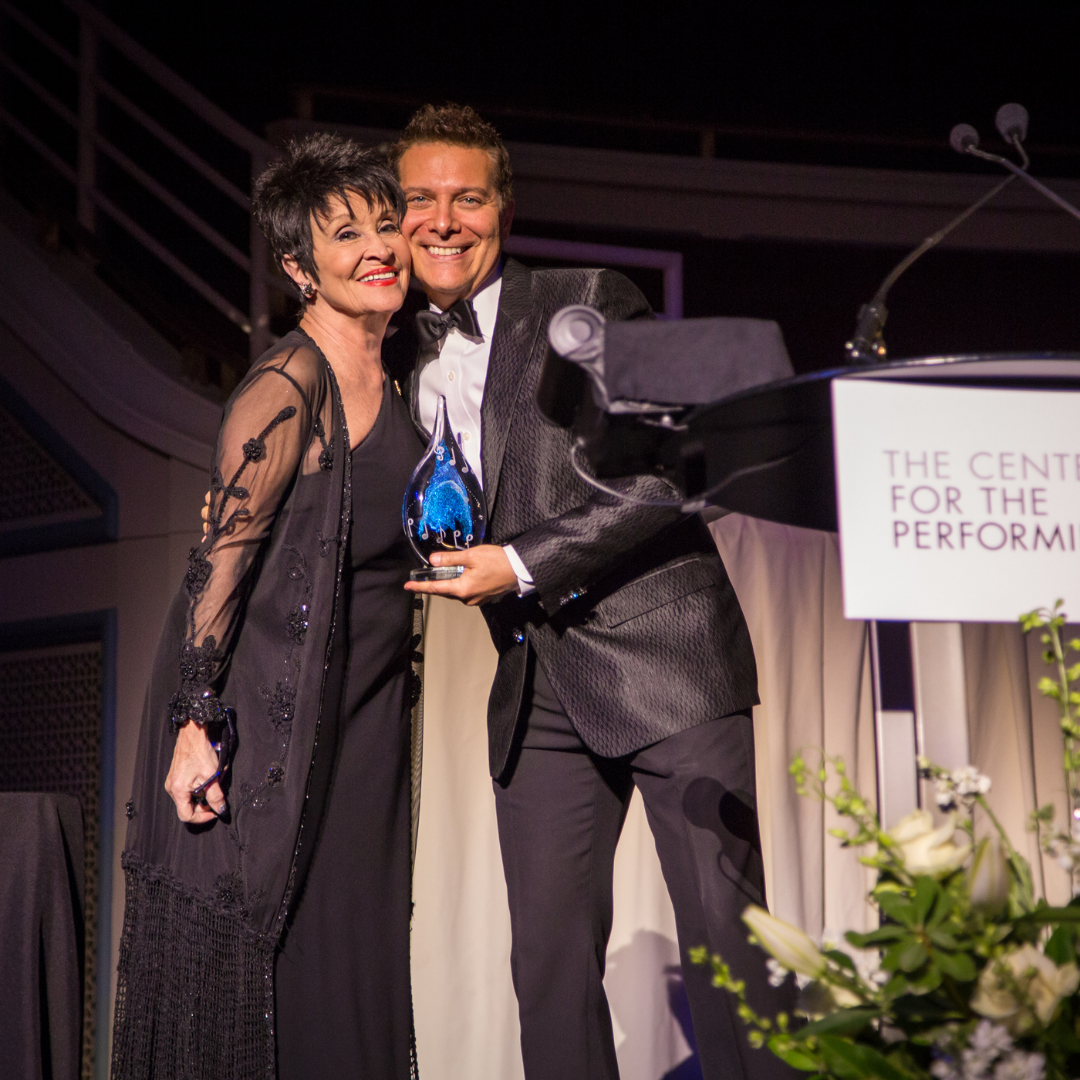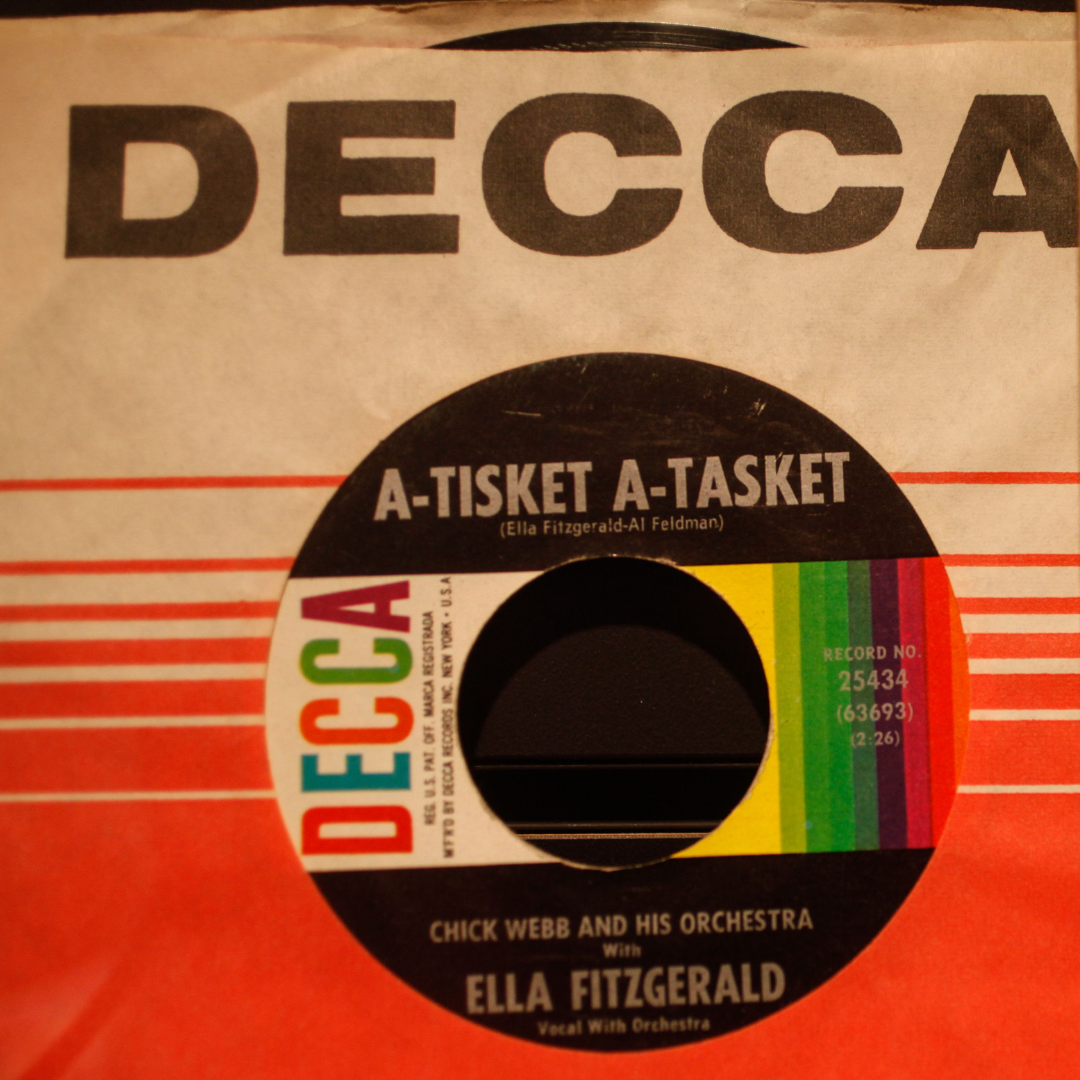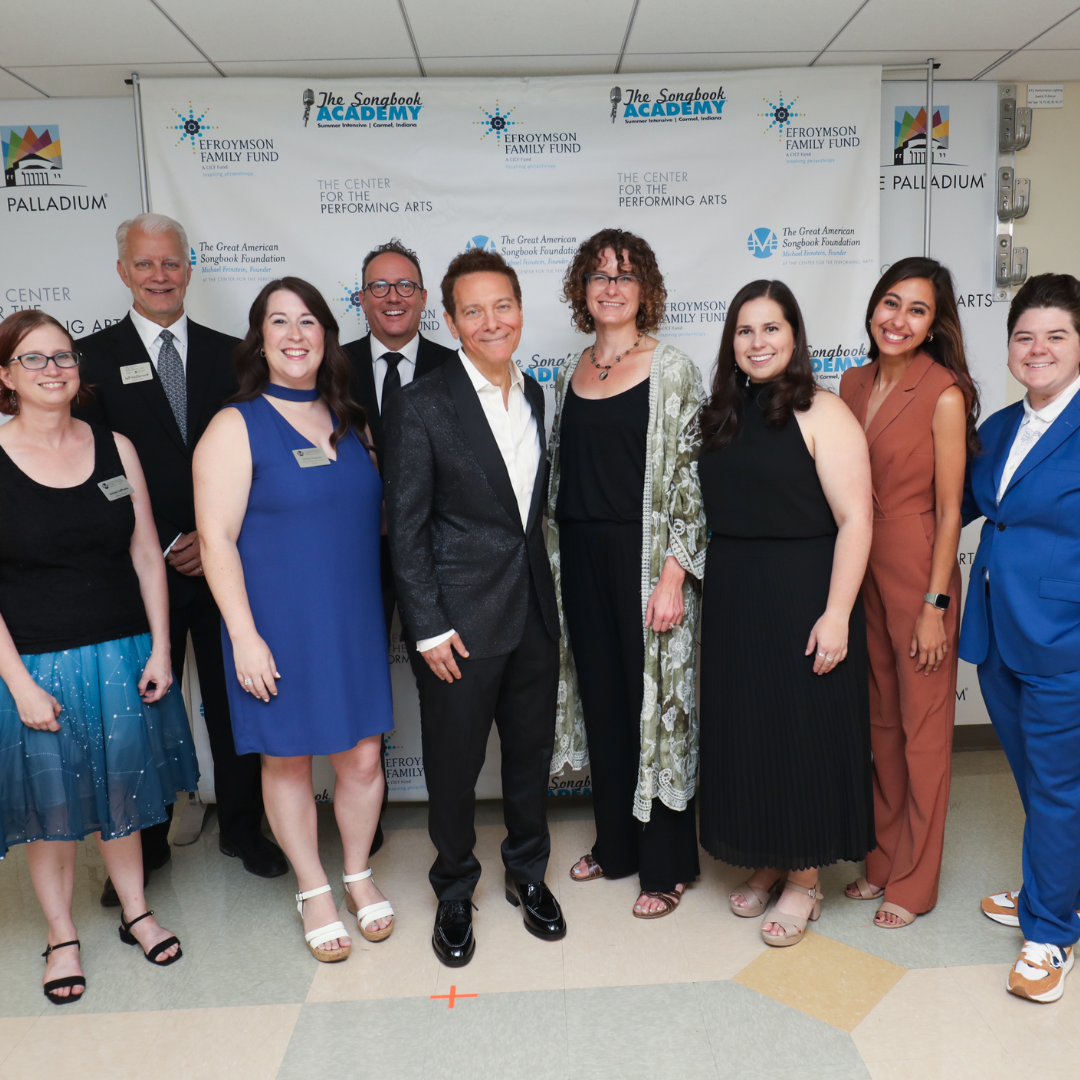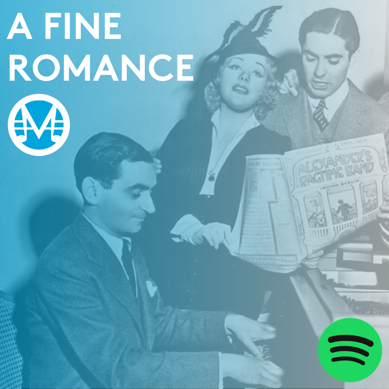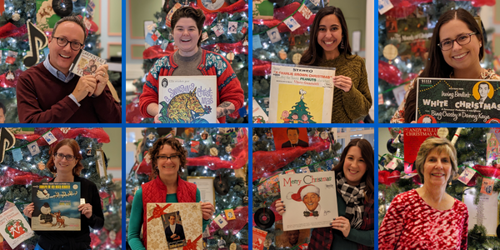A Fine Romance
December 31, 2020
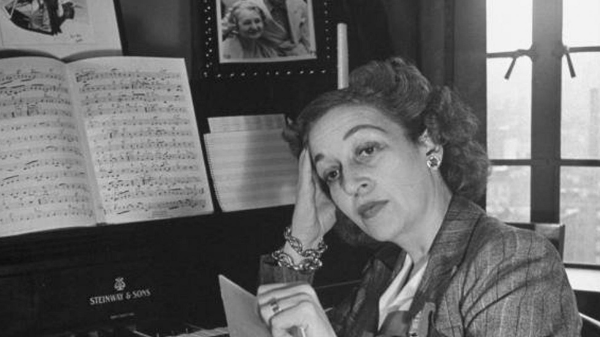
A Fine Romance: Jewish Songwriters, American Songs, 1910-1965
Featuring text from "A Fine Romance" traveling exhibit curated by David Lehman, and
developed by Nextbook Inc. and the American Library Association Public Programs Office
“We must pick ourselves up, dust ourselves off, and begin again the work of remaking America.” ― Barack Obama quoting Dorothy Fields
When Barack Obama made this statement in his inaugural address of January 20, 2009, he was paraphrasing the lyric Dorothy Fields wrote for a Jerome Kern song that Fred Astaire and Ginger Rogers joyously dance to in the 1936 movie Swing Time: “Pick yourself up, dust yourself off, start all over again.”
Fred Astaire and Ginger Rodgers in Swing Time (1936) - RKO Radio Pictures
Americans have always responded to the optimism, no less than the wit and sophistication, passion and verve, of the jazz standards, ballads, torch songs, anthems, up-tempo dance numbers, and showstoppers that make up the American songbook. Like Hollywood movies, with which they have a symbiotic relationship, the songs beguiled multitudes and prove, in their enduring appeal, that the goals of popular culture and high artistic achievement can happily coincide.
The best songwriters combined a genius for melody, ingenuity at fitting the right words to it, and the ability to connect with a wide audience. A remarkably high percentage of them were Jewish by birth and heritage. Some (Jerome Kern, Richard Rodgers) came from relatively prosperous families with the foresight to immigrate in the 1860s or earlier. Others were children of refugees from Eastern Europe, who risked everything to escape pogroms and persecution in the years just before and after the turn of the century.
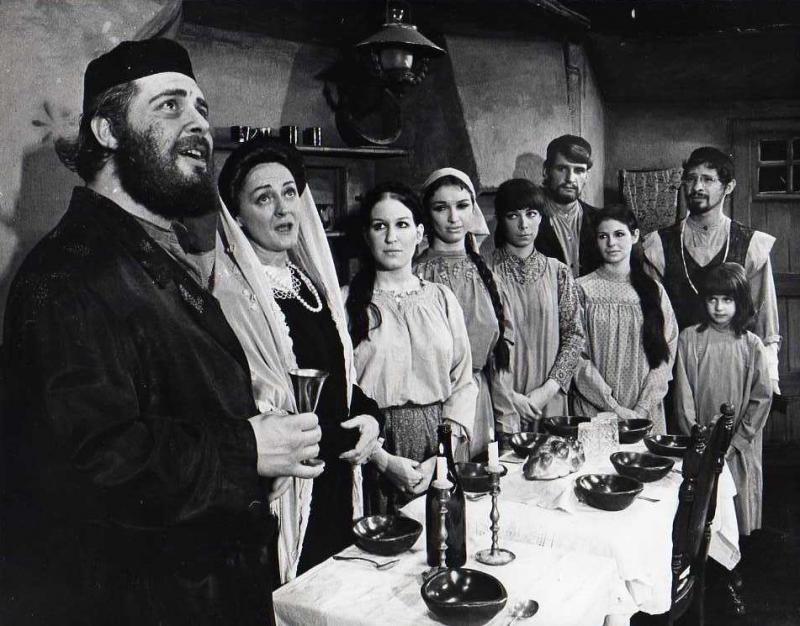
The original 1964 cast of Fiddler on the Roof featuring Zero Mostel as Tevye.
Following the assassination of a liberal Czar in 1881, cruel anti-Semitic decrees made life miserable for Russian Jews—just as depicted in the 1964 musical Fiddler on the Roof (music by Jerry Bock, lyrics by Sheldon Harnick). And so it happened that Israel Baline, Yakov Gershowitz, and Chaim Arluck became Irving Berlin, George Gershwin, and Harold Arlen, and together they made musical history in the country that gave them the chance.
America offered its newcomers not only a safe haven from anti-Semitic terror but also the promise of a fresh start, with upward mobility, and men and women of creative talent seized the chance to create the words and music of the American dream. The sky was the limit, or so it felt, to young people with big imaginations at a time when exciting new technologies—the radio, the microphone, the talking movie, the long-playing record—gave popular culture a huge assist as the twentieth century got off the ground.
What is the American songbook? You won’t find it in your local branch of the public library, or even in the Library of Congress, because it exists not as a physical book in multiple volumes but as a term for a remarkable era of songs—songs that achieved enormous popularity when first introduced and that have since become the American classics, or “standards,” that jazz musicians play and cabaret chanteurs sing.
Listen to music featured in this exhibit
“Body and Soul,” “Night and Day,” “It Had To to Be You,” “Love for Sale,” “The Blue Room,” “I Guess I’ll Have to Change My Plan,” “Always,” “Tangerine,” “Among My Souvenirs,” “Stormy Weather," “Thou Swell,” “That Old Black Magic,” “My Heart Stood Still”: You can make a superb compact disc out of just the background songs in black-and-white Hollywood movies when the “studio system” was in its heyday, and MGM, Warner Brothers, Universal, Paramount, and Columbia were the main centers of activity.
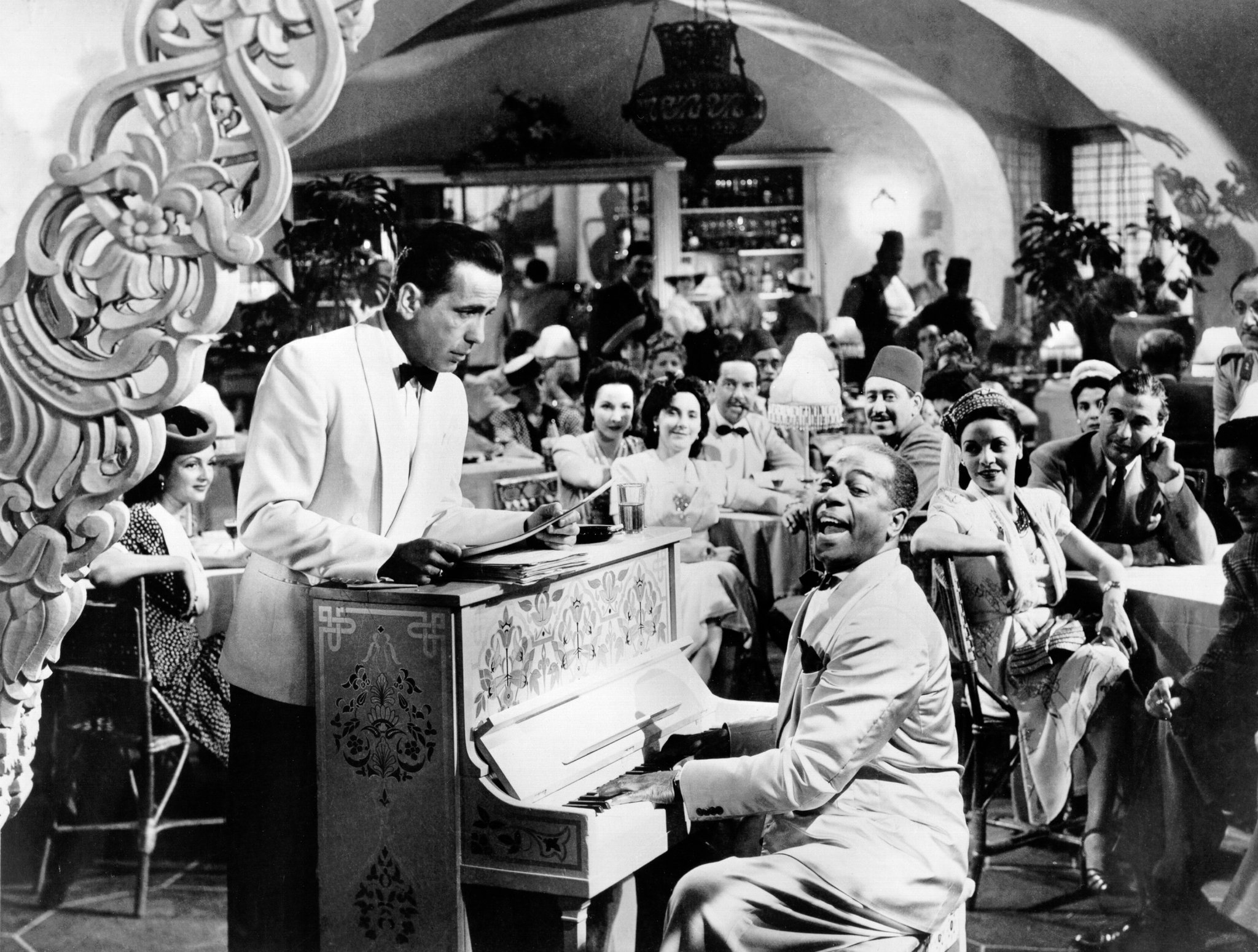
Credit...Michael Ochs Archives/Getty Images
The soundtrack of the American romance—as heard on the car radio and seen on the silver screen in the 1930s and 40s—was largely the product of a Jewish imagination. Would Casablanca be the same without Herman Hupfeld’s “As Time Goes By” played on the piano and sung by Dooley Wilson? Would the progress of Dorothy and her friends toward the merry old land of Oz enchant half as much without “Over the Rainbow,” “If I Only Had a Brain,” “Ding- Dong! The Witch is Is Dead,” and the rest of the score by Harold Arlen (music) and Yip Harburg (lyrics)?
Judy Garland as Dorothy in The Wizard of Oz (1939) - MGM Studio
About A Fine Romance
Recognizing that music and the arts have a unique power to build bridges and heal the human spirit, there is no better time to celebrate the contributions that immigrants from so many lands and cultures have made to American life. The Great American Songbook Foundation is proud to present this exhibition, A Fine Romance: Jewish Songwriters, American Songs, 1910-1965, curated by David Lehman and developed by Nextbook Inc. and the American Library Association Public Programs Office.



